EXTRACTIONS
Tooth Extractions
Tooth extractions
are routine dental procedures
used to remove decayed, damaged or otherwise problematic teeth. Although we make every effort to help you keep your natural teeth, sometimes extracting a tooth is necessary. Following an extraction, Dr. Binninger
will discuss tooth replacement options.
There are many reasons why you may need a tooth extracted. The most common reason for tooth extractions is severe decay and cavities. However, many patients also undergo extractions for impacted or malposition teeth– particularly wisdom teeth. Other reasons for extraction include advanced periodontal disease, cracked teeth, and teeth that are severely malformed. Although many circumstances that require extraction are unavoidable, some could be prevented with regular dental visits for exams and cleanings.
Finally, it is very important that you tell Dr. Binninger about any medical problems, medications that you're taking or allergies before you have an extraction.

Frequently Asked Questions
Do I need a tooth extraction?
What should I expect during my tooth extraction appointment?
If you and Dr. Binninger decide to extract one or more teeth, you will be either scheduled to return for the procedure or can have the tooth extracted that day if you are having pain. You will be given a local anesthetic to prevent pain during the procedure, and you may be prescribed medications to help manage pain in the hours following your extraction. You will also have the option of nitrous sedation (laughing gas) to help you be more comfortable during the procedure. You should expect to NOT feel pain during the extraction but you should expect to feel pressure. Dr. Binninger will test the area where the tooth/teeth will be extracted and if you are still feeling a sensation there he will give you more anesthetic. We encourage open communication and want you to tell us how you're feeling during the procedure. Many people have anxiety before having a tooth extracted and after the procedure is over they realize that it’s actually not that bad. Most of the fear arises from not knowing what to expect and anticipating that it will hurt. Having a tooth removed with proper anesthesia should not hurt. You will have soreness after the anesthetic wears off and during the healing process but this can be managed with pain medications.
What type of post-treatment care will I need to follow?
Post-operative care following a tooth extraction is essential for healing and preventing complications. You will be instructed to avoid certain foods and also keep the surgical site clean at all times. If you are prescribed an antibiotic, it is important that you complete the course of treatment to prevent infection. Finally, you may be advised to avoid smoking or drinking through a straw, as doing so may delay the healing process and cause a condition known as “dry socket”.





